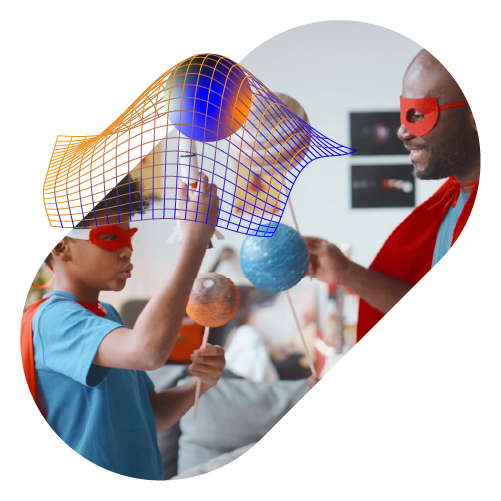THE PEOPLE BEHIND THE SCIENCE: UCHE NWAOBASI
April 25, 2025
In our latest episode of Science, Humanised, our Science Lead, Andrew Holloway, delves into an insightful conversation with Niall Smith, Senior Medical Affairs Manager at Britannia Pharmaceuticals, bringing a wealth of experience in the pharmaceutical industry and a deep understanding of Parkinson’s disease.
HOW HEALTHCARE COMMUNICATIONS AGENCIES DRIVE PATIENT ENGAGEMENT
April 2, 2025
In our latest episode of Science, Humanised, our Science Lead, Andrew Holloway, delves into an insightful conversation with Niall Smith, Senior Medical Affairs Manager at Britannia Pharmaceuticals, bringing a wealth of experience in the pharmaceutical industry and a deep understanding of Parkinson’s disease.





